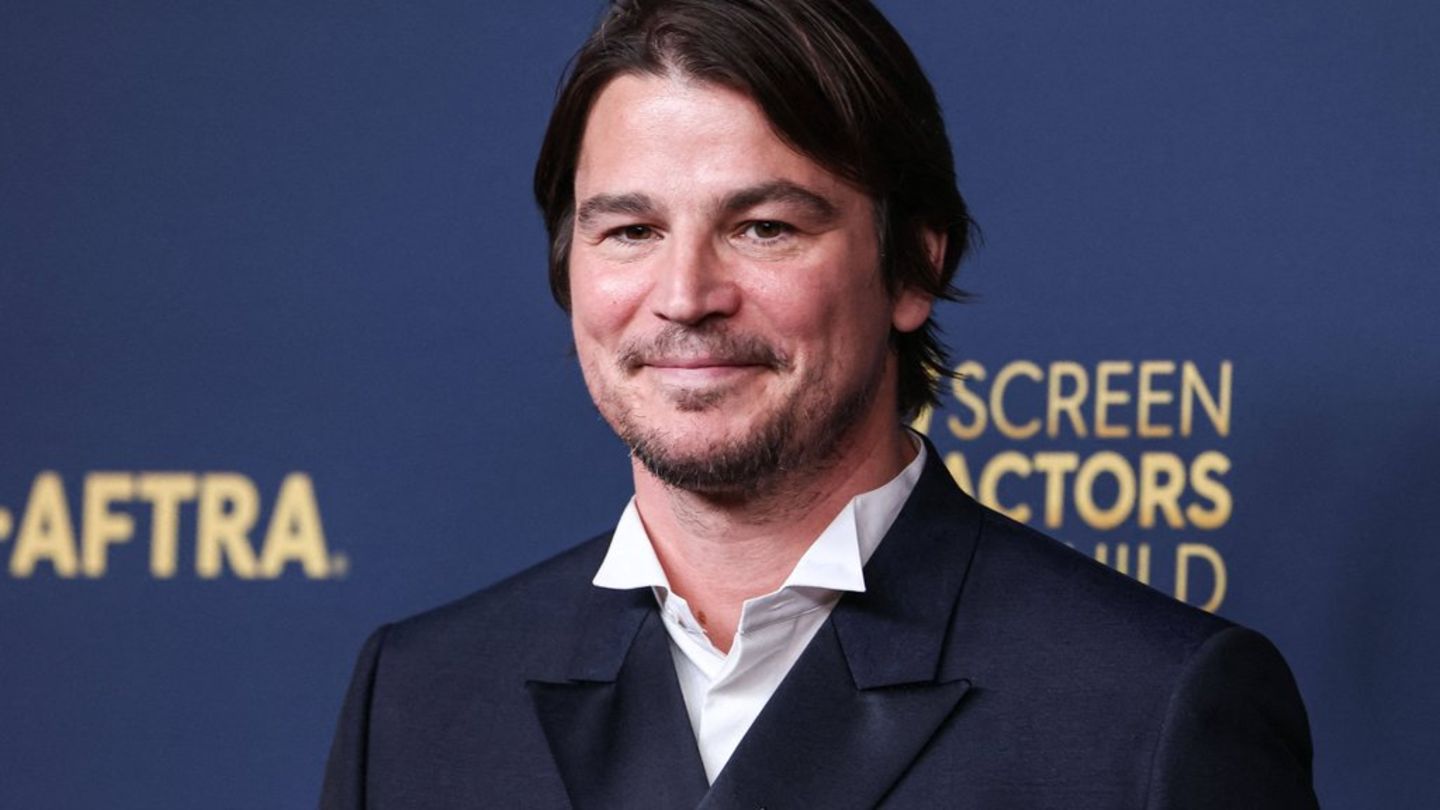Canada’s Prime Minister Justin Trudeau had called new elections despite the pandemic in order to be able to govern with an absolute majority. According to initial results, his liberals are ahead, but not far enough. Unpleasant questions await Trudeau.
Prime Minister Justin Trudeau’s liberal party has won the early parliamentary elections in Canada according to initial results – but has lagged behind the goal of an absolute majority. According to forecasts by the public broadcaster CBC, the ruling party won around 156 seats in the vote on Monday, leaving the Conservatives of opponent Erin O’Toole behind with around 122 seats.
In the second largest country in the world in terms of area, there is hardly any change compared to the 2019 elections – 170 seats would have been necessary for an absolute majority. Trudeau will therefore also have to rely on the help of other parties in the future. The center-left party of the New Democrats (NDP) came in the forecasts to about 29 seats, as well as the regional party from Quebec, the Greens are expected to win two seats.
Liberals benefit from Canada’s electoral system
The 49-year-old Trudeau had called the early vote a few weeks ago with the hope of an absolute majority, among other things due to the relatively successful Corona policy of his government. His calculation did not seem to work out, which should leave a more than bland aftertaste.
The polls had recently been tighter than the Liberals had wished for. The top candidates of the other parties and many Canadians had accused them of reaching for an absolute majority despite a fourth wave of the pandemic and a relatively stable minority government, wasting time in the fight against Covid-19 and potentially endangering the health of voters.
In general, the electoral system in Canada tends to benefit Trudeau’s Liberals. The seats in the 338 electoral districts are distributed according to the principle of absolute majority. Only a few dozen contested districts are decisive, especially in the suburbs of the cities of Toronto, Montreal and Vancouver – somewhat comparable to the “swing states” in the USA. Trudeau has ruled the North American country with almost 38 million residents since 2015. Since 2019, he has ruled the country with only a minority of the seats in parliament in the capital Ottawa.
Trudeau’s star appeal has worn off
Traditionally there are no coalitions in Canada, but either absolute majorities or minority governments with an average half-life of two years. The last federal vote in autumn 2019 brought the Liberals 157 seats, while the Conservatives won 121. Historically, the Liberals have been the most frequent governments in politically moderate Canada. In addition to the climate crisis, domestic political issues such as the rising cost of living and health care dominated this election campaign.
Trudeau has developed a credibility problem among parts of the Canadian population, according to experts and pollsters, despite some political successes. This has to do with big but not always kept promises and several scandals. Trudeau’s star appeal, which won the 2015 election against the conservative Stephen Harper by pledging a new, transparent and modern style of leadership, has worn off after six years as prime minister.
David William is a talented author who has made a name for himself in the world of writing. He is a professional author who writes on a wide range of topics, from general interest to opinion news. David is currently working as a writer at 24 hours worlds where he brings his unique perspective and in-depth research to his articles, making them both informative and engaging.




